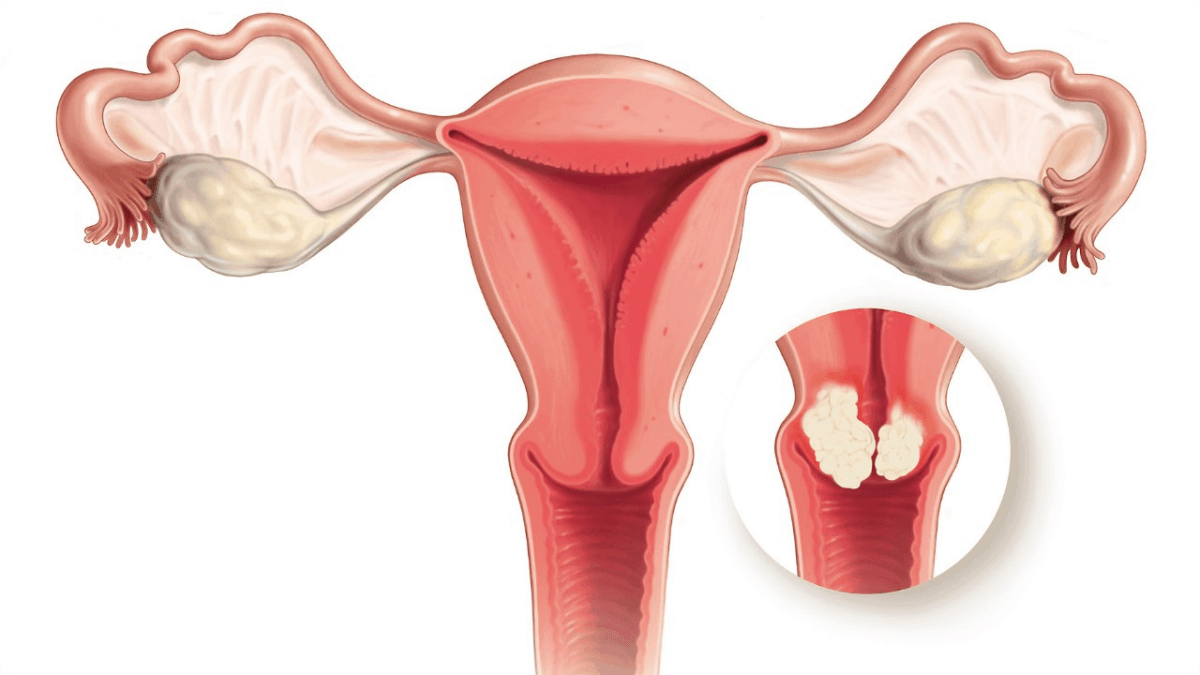
31 Jul Are you prepared to fight Cervical Cancer?
Cervical cancer is the primary cause of cancer-related deaths in developing countries
In India, cervical cancer is the most common woman-related cancer. It mostly affects middle-aged women (between 40 and 55 years), especially those from the lower economic status who fail to carry out regular health check-ups. The early stages of cervical cancer are asymptomatic, later stages may present with abnormal vaginal bleeding, foul-smelling vaginal discharge, low back pain, bleeding and pain during urination or pain during sex. Human papillomavirus (HPV) infection is now a well-established cause of cervical cancer. Several cofactors associated with HPV persistence are smoking, promiscuity, long-term oral contraceptive use and other sexually transmitted infections like HIV. At least 50% of sexually active men and women get HPV at some point in their lives which usually resolves spontaneously; however, only 3-10% of women develop persistent infections, and are at high risk of developing cervical cancer.
Tools for prevention:
Lifestyle Changes
- Avoid multiple sexual partners, delaying first sexual intercourse, reducing tobacco use.
- Since early detection predicts better prognosis, one of the most effective ways of preventing and controlling cervical cancer is regular screening by Pap Smear, VIA and early diagnosis.
Screening
Screening by cervical cytology Pap smear (scrapings from the cervix) has lead to marked reduction in cervical cancer incidence. The test is not considered for women below the age of 25 years and over the age of 65 years. A 3-yearly examination is recommended for women between the ages of 25 -49 years while for the age group between 50-64 years a Pap smear once in every 5 years is recommended. The problem with pap smear screening is its low compliance among Indian women.
HPV Vaccines
Prevention by vaccination is emerging as the most effective option. Among the several strains of HPV infection two strains: HPV 16 and 18, account for more than 70% of all cancer cases worldwide. HPV vaccines that prevent against HPV 16 and 18 infection are now available and have the potential to reduce the incidence of cervical and other anogenital cancers.
The currently available vaccines are safe and efficacious. The protection is seen only when the vaccine is given before infection with HPV, the vaccine should be given prior to sexual debut. The vaccine should preferably be introduced to parents as a cervical cancer preventing vaccine and not as a vaccine against a sexually transmitted infection. The HPV vaccination is therefore of public health importance. Prevention is better than cure.
Treatment of established cervical cancer
Cancer in very early stages may be removed surgically. In later stages, radiation and chemotherapy maybe employed alone or after surgery. Dr Usha M Kumar is a leading Gynaecologic Oncologist in Delhi.




Sorry, the comment form is closed at this time.